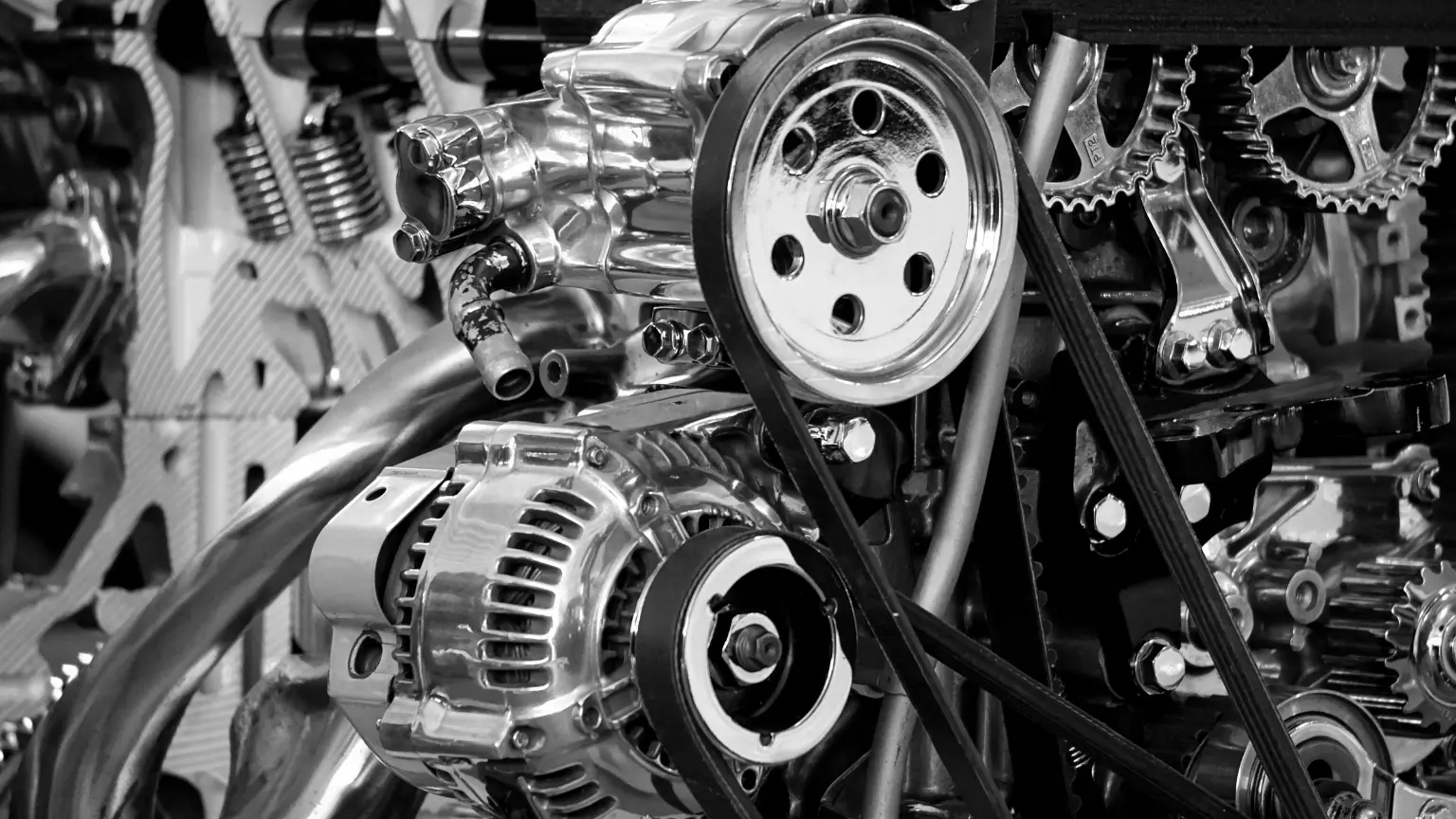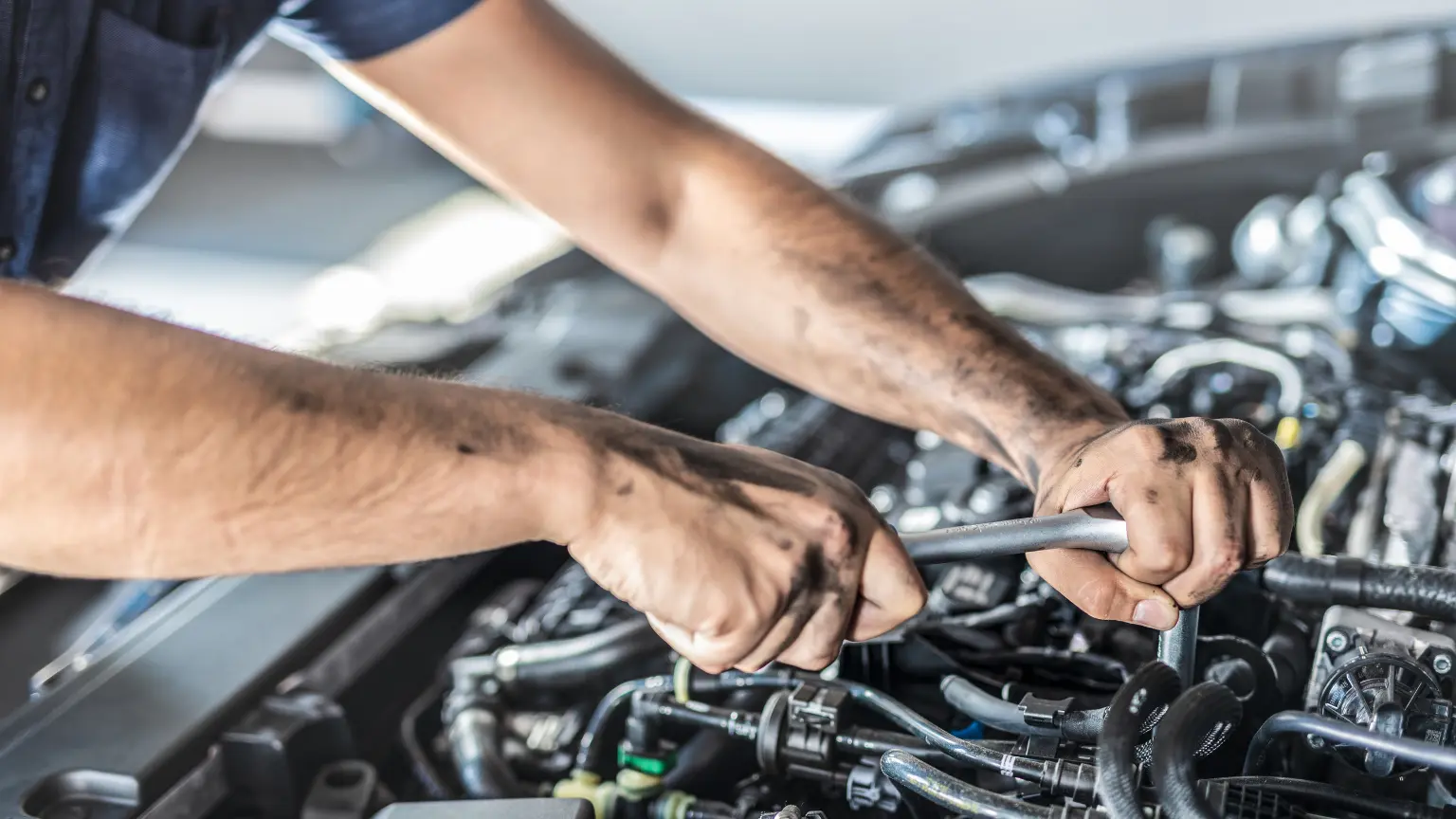Lock-Up Torque Converters: Improving Efficiency in Automatic Transmissions
Torque converters use fluid coupling and a lock-up clutch to transfer engine power smoothly, reducing slippage, improving acceleration and fuel economy, and lowering transmission heat for greater durability.
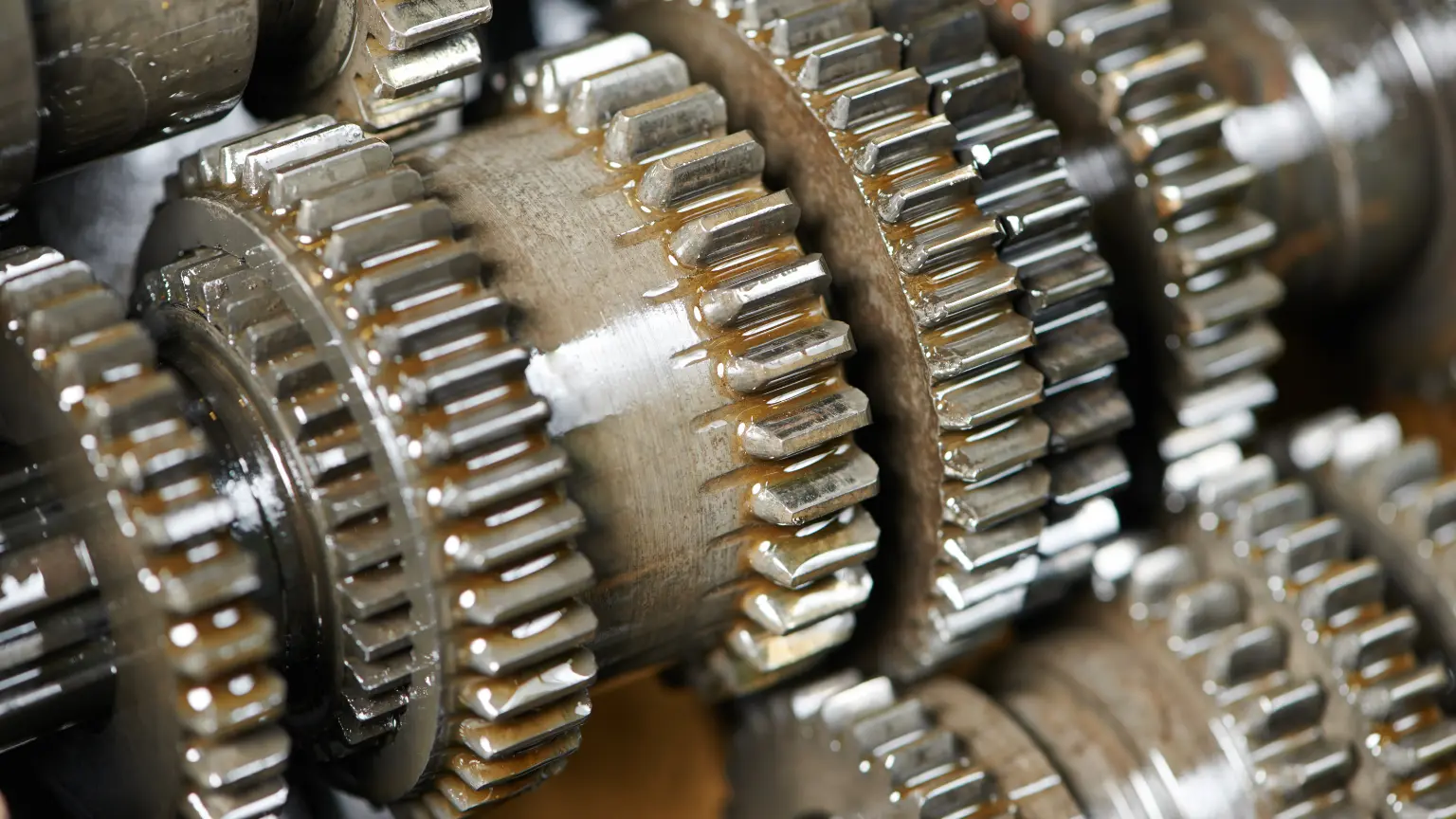
A torque converter is an essential component of an automatic transmission, serving as a bridge that transfers engine power to the transmission. Unlike a manual clutch, which requires driver intervention, a torque converter automatically transfers power via fluid dynamics. This allows the vehicle to stop without stalling the engine and provides a smoother acceleration from a standstill. However, traditional torque converters often exhibit inefficiency at certain speeds and power loss due to slippage.
Evolution and Advancements in Lock-Up Torque Converter Technology
The development of lock-up torque converter technology has been driven by the need to overcome the inefficiencies of early automatic transmissions. Initially, torque converters suffered from significant slippage and heat generation, prompting manufacturers in the late 1970s and early 1980s to introduce lock-up mechanisms that created a direct mechanical link at cruising speeds. This innovation drastically improved fuel economy and reduced wear. Recent advancements include sophisticated electronic controls and adaptive lock-up systems that use sensors and algorithms to optimize engagement across various driving conditions. Modern materials and custom designs further enhance durability, efficiency, and performance across diverse vehicle applications.
How Lock-Up Converters Work
The Function of the Converter Lockup Clutch
Its primary function is to connect the engine directly to the transmission once a predetermined speed is reached, eliminating the hydraulic coupling effect that typically occurs in conventional torque converters. This direct connection ensures that the engine's power is transferred more efficiently. Understanding this mechanism is essential for appreciating how lock-up clutch systems enhance vehicle performance.

Eliminating Slippage and Reducing Energy Loss
One of the key benefits is its ability to significantly reduce or eliminate slippage. In traditional torque converters, slippage occurs during the conversion of engine power to hydraulic power and back to mechanical power, resulting in efficiency loss. This type of converter minimizes energy loss during transmission by engaging the lockup clutch. This results in improved power transfer and noticeable gains in vehicle acceleration and responsiveness, especially under load. These devices are designed to lock the engine and transmission together at highway speeds, reducing the energy typically lost in the fluid-coupling process of standard torque converters. Such efficiency improves fuel economy and reduces the heat generated by the transmission. Lower heat contributes to longer transmission life and can reduce maintenance frequency and costs.
Mechanism and Operation of the Lock-Up Feature
The lock-up mechanism within a torque converter is a sophisticated engineering solution designed to eliminate the inherent inefficiency of fluid coupling at certain speeds. At its core, the lock-up feature consists of a clutch assembly, commonly referred to as the lock-up clutch, integrated within the torque converter housing. During low-speed driving or heavy acceleration, the torque converter operates in its traditional fluid-coupling mode, allowing the impeller (connected to the engine) and the turbine (connected to the transmission input shaft) to rotate at different speeds. This slippage is beneficial for smooth take-offs, gradual acceleration, and preventing engine stalling when the vehicle comes to a stop.
However, as the vehicle reaches cruising speeds, the need for slippage diminishes. At this point, the vehicle’s transmission control module (TCM) or onboard computer monitors various parameters such as vehicle speed, engine load, throttle position, and coolant temperature. Once optimal conditions are met, the TCM signals a solenoid within the transmission to redirect hydraulic fluid, activating the lock-up clutch. This clutch then engages, physically connecting the impeller and turbine, and effectively bypassing the fluid coupling. The result is a direct mechanical link between the engine and the transmission, ensuring a 1:1 drive ratio. This seamless transition is engineered to be virtually undetectable to the driver, maintaining ride comfort while significantly improving efficiency. The technical process relies on a combination of electro-hydraulic controls and friction materials within the clutch to ensure reliable engagement and disengagement. In some advanced systems, the lock-up clutch can engage partially or modulate its pressure to allow for smoother transitions and adapt to varying driving conditions. The lock-up feature is typically disengaged under heavy engine load, during rapid throttle changes, or when the vehicle slows to a stop, reverting the converter to fluid-coupling mode to preserve drivability and protect the drivetrain. In summary, the lock-up mechanism operates dynamically, balancing the need for smooth power transfer at low speeds with the demand for maximum efficiency at cruising speeds.
Lock-Up Torque Converters vs. Standard Transmissions
Performance Advantages of Lock-Up Converters
As previously discussed, when the lock-up clutch engages, it eliminates the slippage that usually occurs in the fluid coupling process, allowing for more direct power delivery to the transmission. This translates to quicker throttle response and better acceleration, particularly under load. Also, vehicles can achieve higher speeds more efficiently because there is less energy loss, making torque-lock transmissions a preferred choice for performance-minded drivers.
Fuel Economy and Heat Reduction Benefits
These converters reduce the rpm discrepancy between the engine and the transmission by engaging the lock-up mechanism, leading to less fuel consumption and diminished heat production. Lower operating temperatures extend the life of transmission fluids and critical internal components, thus delaying wear and potential failures. Such benefits are particularly valuable in extended vehicle operation scenarios, such as long-distance driving or heavy towing.
Common Applications in Modern Vehicles
Their application spans across various vehicle categories, each benefiting from the increased efficiency and performance these converters provide. Below are some of the most common applications of lock-up torque converters in modern vehicles:
- Passenger Cars and SUVs: Nearly all modern automatic passenger vehicles incorporate lock-up torque converters to improve fuel economy and reduce emissions. As governments impose stricter emissions regulations, automakers rely on lock-up systems to meet these standards without compromising performance. In SUVs with larger engines, lock-up converters help maintain fuel efficiency while delivering the power needed for city and off-road driving. The result is a well-balanced driving experience that optimizes both environmental impact and performance.
- Heavy-Duty Trucks: Vehicles that require substantial towing capacity, such as heavy-duty trucks, benefit significantly from lock-up torque converters. These trucks must handle immense loads while maintaining reliable power transmission, and a lock-up system ensures minimal energy loss when climbing hills, pulling trailers, or hauling cargo. By engaging the lock-up function, these vehicles can reduce transmission heat buildup, prevent excessive wear, and improve overall fuel consumption—critical factors for long-haul trucking operations. Since heavy-duty trucks often operate in challenging conditions, reducing engine strain extends drivetrain lifespan and minimizes costly maintenance.
- Performance Vehicles: Unlike conventional systems that may experience slight delays due to fluid coupling, lock-up converters engage quickly, allowing for a direct connection between the engine and the wheels. This results in sharper throttle response and improved torque transfer, helping sports cars achieve high speeds with minimal power loss. Advanced lock-up technology in performance vehicles allows for optimized gear shifting, reducing lag and enhancing the driving experience. For cars designed for track racing or spirited driving, maintaining engine efficiency at high RPMs is crucial, and a lock-up converter helps achieve this by minimizing unnecessary energy dissipation.
- Hybrid Vehicles: In hybrids, energy is distributed between an internal combustion engine and an electric motor, requiring seamless transitions for maximum efficiency. Lock-up converters ensure that power is transferred with minimal losses, allowing hybrids to maintain fuel economy without sacrificing performance. By reducing slippage and improving engine responsiveness, these converters contribute to smoother acceleration and deceleration, which is particularly important in stop-and-go urban driving.
- Commercial Vehicles: Buses, delivery trucks, and other commercial vehicles operate for extended hours and cover long distances, making fuel efficiency a top priority. Lock-up torque converters significantly reduce fuel consumption by reducing unnecessary engine load, especially on highways, where they engage to provide a direct connection between the engine and transmission. This reduces wear on the transmission system, leading to lower maintenance costs, an important factor for businesses that rely on fleets of commercial vehicles.
Whether in passenger cars, heavy-duty trucks, high-performance sports cars, hybrid vehicles, or commercial fleets, these converters play a crucial role in optimizing power transmission. As the automotive industry continues to move toward greater fuel efficiency and lower emissions, lock-up technology will remain a key innovation in transmission systems.
Exploring Torque Converter Technologies
Advances in Lock-Up Torque Converter Design
Modern designs incorporate sophisticated control systems that determine the optimal timing for engaging the lock-up mechanism based on speed, load, and engine conditions. These systems use sensors and computer algorithms to ensure smooth transitions and maintain drive quality. Materials used in the construction of these converters have been upgraded to withstand higher temperatures and stresses, extending their service life and reducing the risk of mechanical failure.
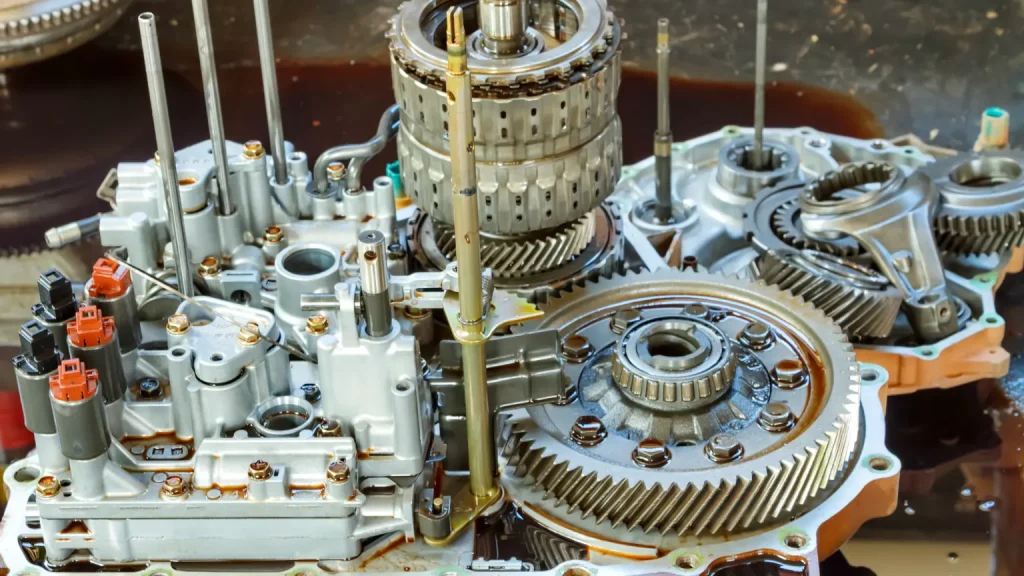
Customized for Specific Applications
Custom torque converters are tailored to meet the unique demands of specific vehicles and driving conditions. These are designed with modified stall speeds and enhanced materials that improve grip and durability under extreme conditions. For example, a custom converter for a racing car might have a lower stall speed to allow for quicker acceleration. At the same time, one for a towing vehicle would prioritize torque over speed to handle heavy loads more effectively. Customization enables vehicle owners to maximize their vehicle’s performance and efficiency, tailored to their specific needs.
RV and Diesel Vehicle Torque Converter Efficiency
For recreational vehicles (RVs) and diesel-powered vehicles, efficiency is a major concern due to their size and the nature of their usage. Torque converters for diesel vehicles are designed to optimize power transfer and reduce fuel consumption, which is crucial for long-distance travel and heavy-duty applications. The lock-up feature in these converters is calibrated to activate under specific driving conditions to maximize efficiency.
How to Choose a Torque Converter for Your Vehicle
Factors to Consider
The choice of converter directly affects the vehicle’s driving dynamics, fuel efficiency, and transmission health. When choosing a torque converter, one must evaluate aspects such as the type of vehicle, intended use, engine size, and existing transmission specifications:
- Vehicle Type and Purpose: The type of vehicle and its intended function play a pivotal role in determining the appropriate torque converter. A daily commuter car requires a standard converter for fuel efficiency and smooth acceleration, while a high-performance vehicle benefits from a higher-stall-speed converter that enables rapid power transfer for acceleration. Matching the converter to the vehicle's specific requirements ensures optimal performance and durability across all driving scenarios. Ignoring this factor can lead to a mismatch between power demands and transmission capabilities.
- Engine and Transmission Match: A converter that is too small for a high-horsepower engine may lead to slippage and excess heat, while one that is too large for a smaller engine could reduce acceleration responsiveness. Transmission compatibility is equally important since different transmission models require specific converters to function properly. Automatic transmissions depend on torque converters to provide seamless power transfer, making a precise match essential for smooth gear transitions. Some modern vehicles have lock-up converters, which must be correctly paired with the transmission control module to function effectively. Properly aligning the torque converter with the engine and transmission prevents excessive wear, extends the life of drivetrain components, and ensures peak efficiency in all driving conditions.
- Stall Speed: Stall speed refers to the engine RPM at which the torque converter begins transferring power to the transmission, and this must align with the torque curve of the engine. Performance cars often require a higher stall speed to allow for aggressive acceleration and greater control over power delivery, while everyday vehicles benefit from a lower stall speed for better fuel economy and smooth take-offs. Trucks and towing vehicles require moderate stall speeds to efficiently handle heavy loads without excessive power loss. An incorrect stall speed can cause poor acceleration, overheating, or inefficient power delivery, making it imperative to match this specification with the vehicle’s engine characteristics.
- Size and Material: The physical size and material composition of a torque converter influence its durability, performance, and heat resistance. Larger RV torque converter efficiency is typically used in heavy-duty applications, such as trucks and SUVs, because they can withstand higher torque loads without overheating. Smaller converters are more common in performance vehicles, where quick response times and agility are prioritized. The materials used in the converter's construction also affect its longevity—high-quality steel or billet components offer superior heat resistance and durability, while lower-grade metals may degrade under extreme conditions. Reinforced torque converters with anti-ballooning plates are essential for racing and high-performance applications, where stress on the drivetrain is significantly greater.
- Manufacturer and Warranty: Selecting a reliable manufacturer with a proven track record is essential to ensure that the lock-up transmission performs well and lasts an extended period. Reputable brands use high-quality materials, undergo rigorous testing, and design converters that meet OEM specifications or performance upgrades. A warranty provides additional peace of mind, as it covers potential defects and malfunctions, reducing the financial risk of replacement. Cheap, unbranded converters may seem like a cost-effective choice, but they often exhibit poor craftsmanship and shorter lifespans, leading to costly transmission damage over time. A trusted manufacturer will offer technical support, guidance, and reliability, making it easier to choose a converter that perfectly matches a vehicle’s requirements.
A well-matched converter enhances acceleration, improves fuel efficiency, and prevents unnecessary wear on the transmission. Failing to choose the correct one can lead to overheating, transmission strain, and performance issues, all of which may result in costly repairs.
Torque Converter Upgrades
Upgrades are especially beneficial for vehicles that undergo frequent high-load conditions, such as towing or competitive racing. Performance converters typically feature higher-quality materials and refined designs that provide increased torque capacity and reduced slippage. By opting for an upgraded converter, drivers can experience improved acceleration and greater control over their vehicle's power output.
Importance of Professional Installation
To avoid mechanical issues, professional installation ensures the converter is properly positioned and securely fastened to the engine and transmission. Regular maintenance checks are essential for monitoring the converter's health and identifying issues such as leaks or unusual noises early. Such practices help extend the service life of the lock-up torque converters and the transmission system, safeguarding your vehicle's performance and reliability.
Benefits of Lock-Up Torque Converters
Extended Transmission Lifespan and Reliability
Reducing the amount of slippage during transmission operation reduces wear and tear on the transmission’s internal components. This reduced friction lowers operating temperatures, which is crucial for maintaining the transmission's integrity over time. Vehicles with lock-up converters tend to experience fewer transmission-related issues, resulting in lower maintenance costs and longer intervals between repairs.
Finding the Best Transmission Shops
It's essential to engage reputable transmission shops that specialize in servicing and upgrading these systems. Experienced technicians can provide expert advice on the best type of converter for your vehicle based on your specific driving patterns and the vehicle's performance requirements. A well-equipped shop should also offer a warranty on labor and parts, ensuring confidence in their services. Checking online reviews, asking for recommendations, and verifying certifications such as ASE (Automotive Service Excellence) can help in selecting a reliable service provider.
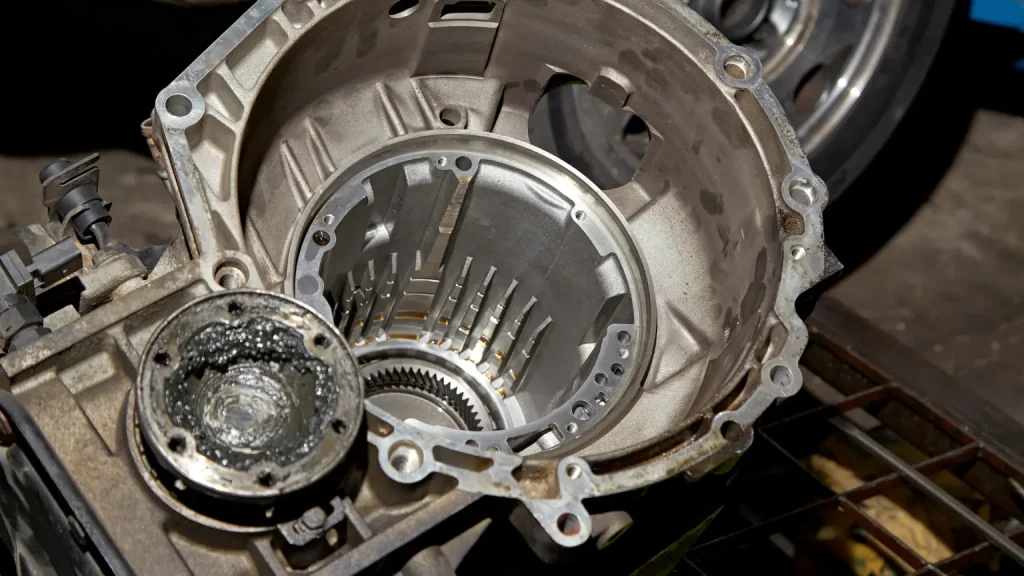
Frequently Asked Questions
Lock-up torque converters are vital for efficient automatic transmissions, but like any mechanical system, they can develop issues over time. Below are answers to frequently asked questions about typical problems, symptoms, troubleshooting steps, and the effects of malfunctions on vehicle performance.
What are the common symptoms of a failing lock-up torque converter?
Symptoms include shuddering or vibrations during acceleration, slipping gears, delayed or harsh shifting, overheating transmission, and a noticeable drop in fuel efficiency.
Why does my vehicle shudder when the lock-up clutch engages?
Shuddering often indicates worn clutch components or contaminated transmission fluid. It can also result from faulty engine mounts or driveline parts that need inspection or replacement.
What causes the lock-up clutch to fail to engage?
Electrical issues, such as faulty sensors, loose connections, or malfunctioning solenoids, are common culprits. Low or dirty transmission fluid can also prevent proper engagement.
How can I troubleshoot inconsistent lock-up engagement?
Check for software updates, inspect wiring and solenoids, and ensure your transmission fluid and filter are clean and at the correct level for consistent operation.
What should I do if the lock-up clutch disengages unexpectedly?
Inspect the throttle position sensor and transmission control module for faults. Also, verify fluid condition, as worn or dirty fluid can lead to unexpected disengagement.
How does a malfunctioning lock-up converter affect vehicle performance?
A faulty lock-up converter can reduce fuel efficiency, cause overheating, lead to erratic shifting, and increase wear on transmission components, resulting in costly repairs.
Can overheating be related to lock-up converter issues?
Yes, if the lock-up function fails or slips, it increases slippage and heat, especially during towing or highway driving. Using a transmission cooler can help manage temperatures.
Is it safe to continue driving with a malfunctioning lock-up converter?
Continued driving may worsen transmission damage, reduce performance, and increase repair costs. It’s best to address issues promptly to avoid further complications.
Lock-up torque converters represent a significant advancement in automotive transmission technology, offering benefits such as improved fuel efficiency, enhanced towing capability, and extended service life. As automotive technology continues to advance, the role of these converters in achieving optimal vehicle performance and efficiency is likely to grow even more prominent.
Follow a maintenance program
Ante gravida id aenean quis egestas risus nam amet nullam leo diam diam aliquam eu eu malesuada arcu rhoncus suspendisse nulla mattis ut amet sagittis in justo egestas.
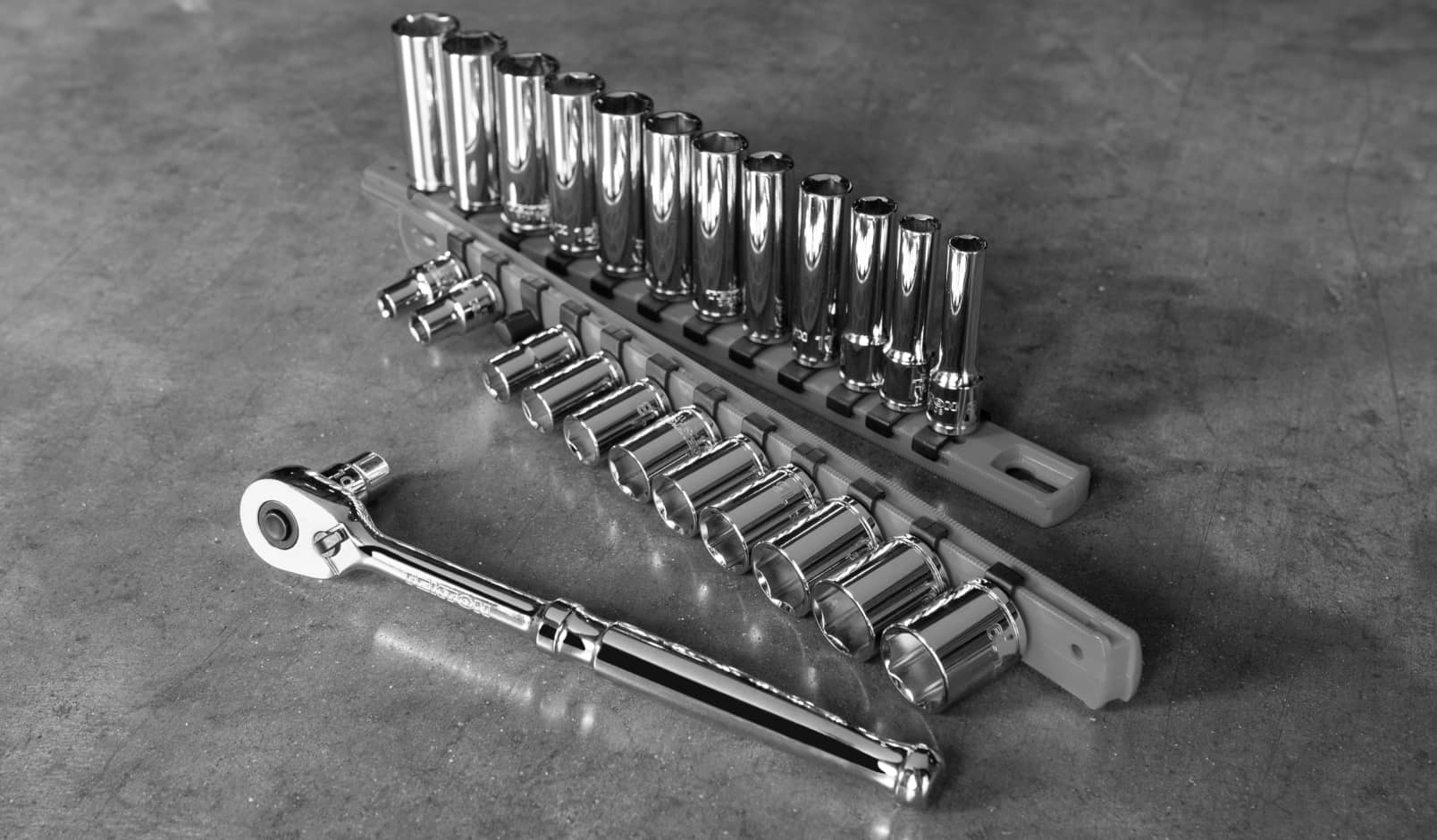
search for a trusted mechanic
Lorem ipsum dolor sit amet, consectetur adipiscing elit lobortis arcu enim urna adipiscing praesent velit viverra sit semper lorem eu cursus vel hendrerit elementum morbi curabitur etiam nibh justo, lorem aliquet donec sed sit mi dignissim at ante massa mattis.
- Neque sodales ut etiam sit amet nisl purus non tellus orci ac auctor
- Adipiscing elit ut aliquam purus sit amet viverra suspendisse potent
- Mauris commodo quis imperdiet massa tincidunt nunc pulvinar
- Excepteur sint occaecat cupidatat non proident sunt in culpa qui officia
Check the air pressure in your tires
Vitae congue eu consequat ac felis placerat vestibulum lectus mauris ultrices cursus sit amet dictum sit amet justo donec enim diam porttitor lacus luctus accumsan tortor posuere praesent tristique magna sit amet purus gravida quis blandit turpis.
Review your suspension frequently
At risus viverra adipiscing at in tellus integer feugiat nisl pretium fusce id velit ut tortor sagittis orci a scelerisque purus semper eget at lectus urna duis convallis. porta nibh venenatis cras sed felis eget neque laoreet suspendisse interdum consectetur libero id faucibus nisl donec pretium vulputate sapien nec sagittis aliquam nunc lobortis mattis aliquam faucibus purus in.
- Neque sodales ut etiam sit amet nisl purus non tellus orci ac auctor
- Adipiscing elit ut aliquam purus sit amet viverra suspendisse potent
- Mauris commodo quis imperdiet massa tincidunt nunc pulvinar
- Excepteur sint occaecat cupidatat non proident sunt in culpa qui officia
Service your vehicle as regularly as posible
At risus viverra adipiscing at in tellus integer feugiat nisl pretium fusce id velit ut tortor sagittis orci a scelerisque purus semper eget at lectus urna duis convallis. porta nibh venenatis cras sed felis eget neque laoreet suspendisse interdum consectetur libero id faucibus nisl donec pretium vulputate sapien nec sagittis aliquam nunc lobortis mattis aliquam faucibus purus in.
“Nisi quis eleifend quam adipiscing vitae aliquet bibendum enim facilisis gravida neque velit euismod in pellentesque”
Conclusion
Eget lorem dolor sed viverra ipsum nunc aliquet bibendum felis donec et odio pellentesque diam volutpat commodo sed egestas aliquam sem fringilla ut morbi tincidunt augue interdum velit euismod eu tincidunt tortor aliquam nulla facilisi aenean sed adipiscing diam donec adipiscing ut lectus arcu bibendum at varius vel pharetra nibh venenatis cras sed felis eget.

